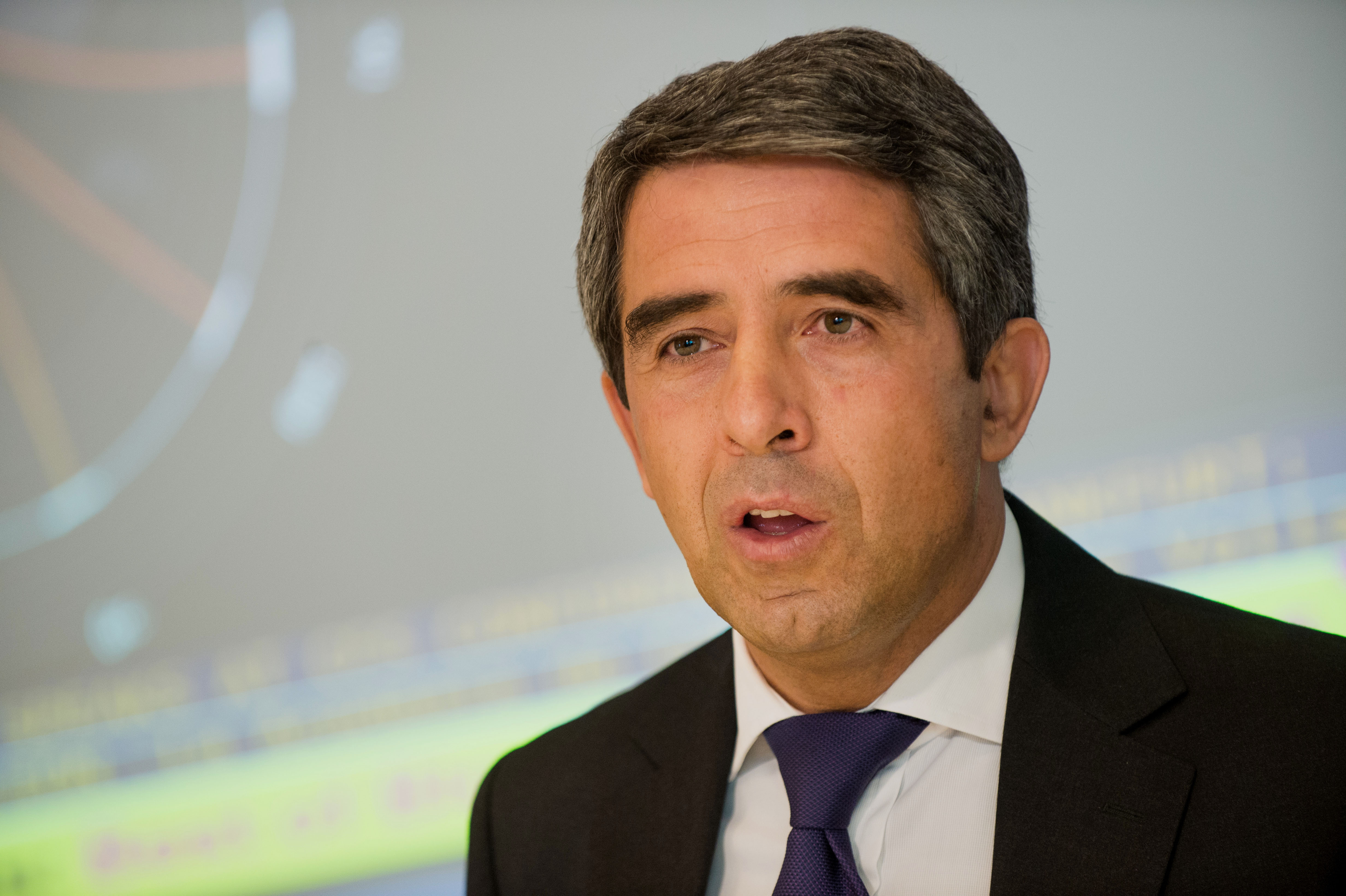For months, a dark blue armor-plated police van has been parked outside Sofia's only mosque, the 16th-century Banya Bashi, in the city center, a stone's throw from the synagogue and Catholic and Eastern Orthodox cathedrals.
The four officers standing outside it, nursing polystyrene cups of hot coffee in the freezing Balkan winter, are at the front line of what is a growing crisis: a clash between the country's natives and an influx of people forced from their homes by war or poverty.
Over the last two years, around 11,000 people from Syria, Afghanistan, Algeria, Mali and Morocco, among others, have come to Bulgaria, many through a porous border with Turkey. It is the first wave of immigration in Bulgaria's modern history, and has come at a time of immense hardship. The country's unemployment rate doubled from about 5 percent of the labor force in 2008 to more than 11 percent this year. In the same five-year period, the country's GDP contracted by 5.5 percent.



















With your current subscription plan you can comment on stories. However, before writing your first comment, please create a display name in the Profile section of your subscriber account page.